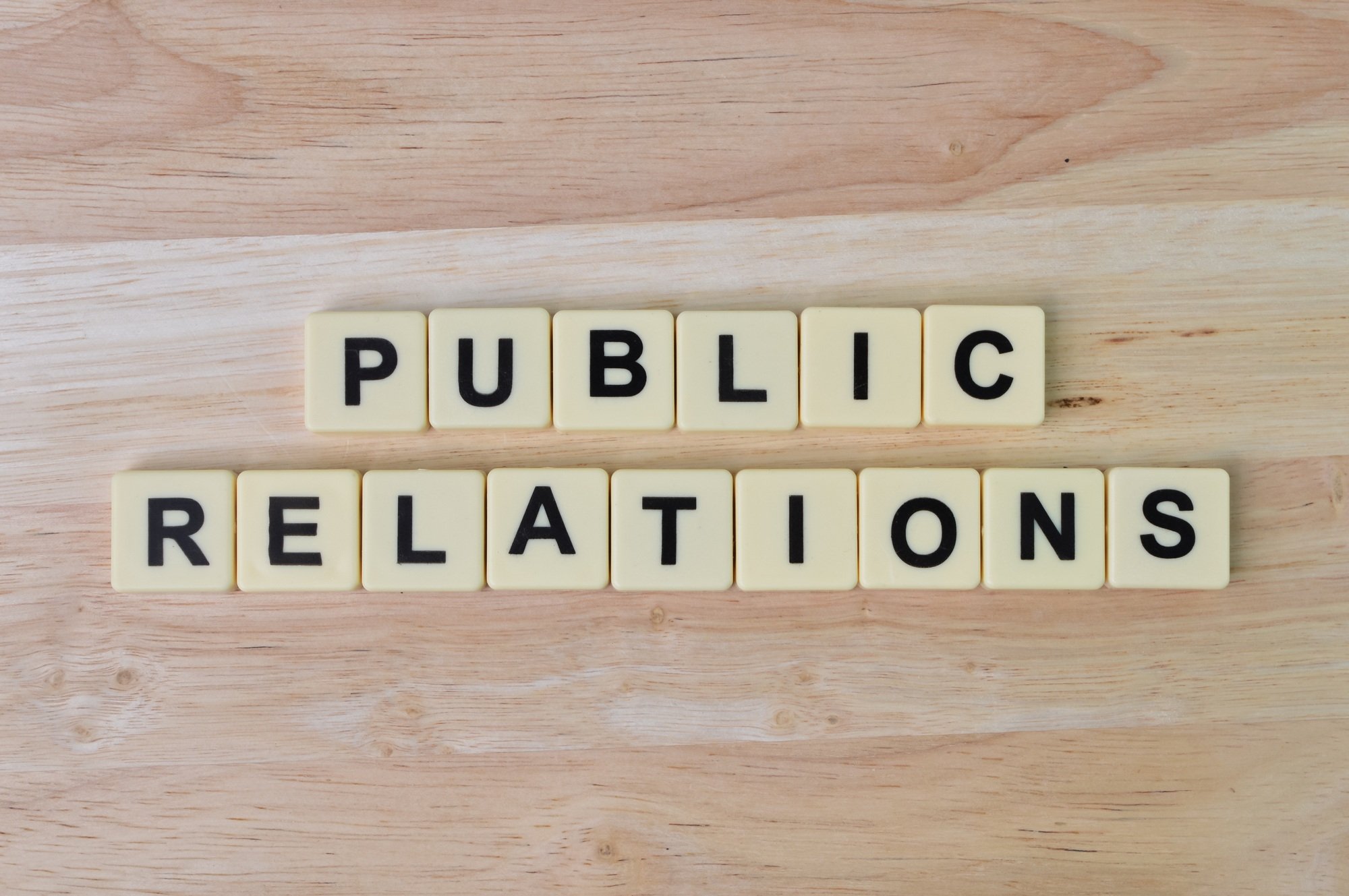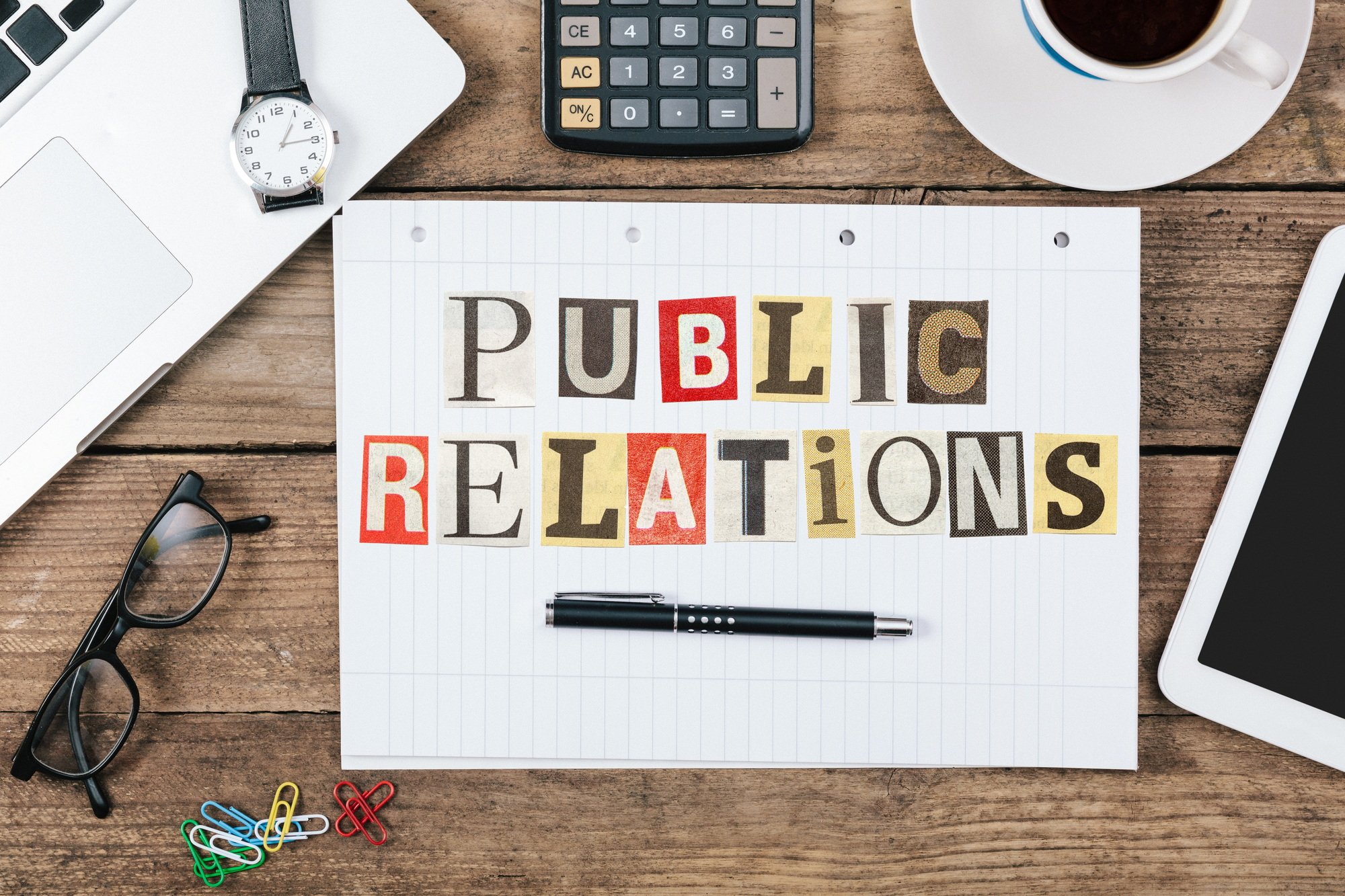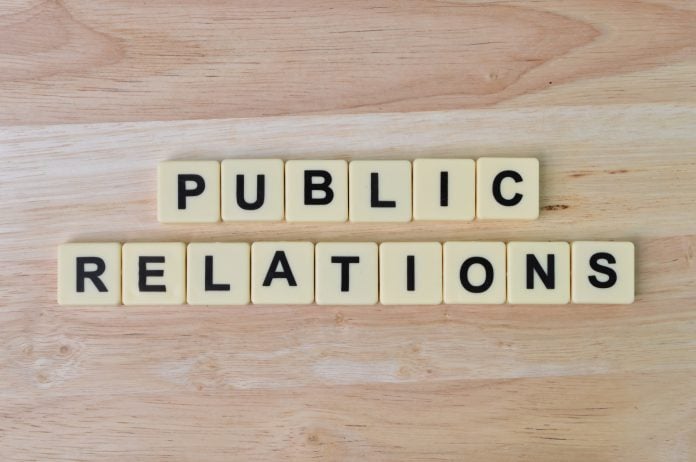Key Takeaways

- Definition of Public Relations: Public relations (PR) is the strategic communication process that builds relationships between organizations and their audiences, enhancing trust and credibility.
- Key Components: Effective PR includes media relations, community engagement, and crisis management, each vital for maintaining a positive brand reputation.
- Importance for Businesses: PR is essential for small businesses as it helps increase brand awareness, fosters customer loyalty, and manages public perception.
- Public Relations Strategies: Utilizing social media, content creation, and event management are critical strategies for enhancing visibility and engagement with stakeholders.
- Future Trends: The future of PR will be driven by technology, data analytics, and a focus on ethical communication, making adaptability crucial for businesses to thrive.
- Role of Digital Transformation: Embracing digital platforms enables real-time audience interaction, providing opportunities to strengthen relationships and improve brand reputation.
Public relations is a powerful tool that shapes how organizations communicate with their audiences. It’s not just about crafting press releases or managing crises; it’s about building and maintaining relationships that foster trust and credibility. In today’s fast-paced digital world, effective PR strategies are essential for any brand looking to thrive.
Understanding public relations can transform how you perceive communication in business. It involves creating a positive image and engaging with stakeholders, whether they’re customers, employees, or the media. By mastering the art of PR, you can enhance your brand’s reputation and navigate the complexities of public perception with confidence.
What Is Public Relations?

Public relations (PR) entails strategizing communication between an organization and its targeted audience. PR focuses on cultivating relationships to foster trust and credibility, crucial for building a favorable public image. It encompasses various activities like media relations, event planning, and community engagement, rather than merely issuing press releases or managing crises.
Effective PR is essential for small businesses, helping them enhance brand awareness and connect with potential customers. By utilizing PR strategies, you can promote your products or services and create positive narratives around your brand. Proactive engagement with diverse stakeholders—including customers, media, and community members—strengthens your reputation and shapes public perception.
In today’s digital landscape, leveraging online channels amplifies your message and allows for immediate interaction. This integration of digital tactics with traditional PR measures offers a comprehensive approach that can significantly enhance your marketing efforts. Understanding and implementing robust PR strategies positions your business for long-term success in a competitive environment.
Key Components of Public Relations

Public relations consists of several key components that contribute to effective communication and relationship-building. These components include media relations, community engagement, and crisis management, all vital for maintaining a positive reputation.
Media Relations
Media relations involves engaging with various media channels, such as radio, television, and newspapers, to distribute information and gain publicity. You need to establish strong relationships with journalists and influencers to effectively promote your organization’s news and events. Utilizing press releases, interviews, and media events helps enhance visibility and reach targeted audiences. Consistent media engagement can significantly benefit small businesses by increasing brand awareness and attracting potential customers.
Community Engagement
Community engagement focuses on building relationships with local audiences and stakeholders. This includes participating in community events, supporting local initiatives, and collaborating with non-profit organizations. Engaging with the community fosters goodwill and trust. Active participation demonstrates your commitment to social responsibility. For small businesses, community engagement can lead to stronger customer loyalty and a positive brand image, ultimately contributing to marketing efforts and business growth.
Crisis Management
Crisis management is essential for addressing and mitigating negative situations that can impact reputation. It involves developing a proactive strategy for potential crises, monitoring public sentiment, and responding quickly to issues. Your ability to communicate transparently and efficiently during challenging times can determine the future perception of your organization. Effective crisis management protects trust and credibility, making it a critical component of public relations, especially for small businesses that rely heavily on reputation for market success.
The Role of Public Relations in Business

Public relations (PR) plays a crucial role in fostering relationships that shape a brand’s identity. It enhances connections with various stakeholders, ensuring your organization’s voice stands out in the competitive landscape.
Building Brand Awareness
Building brand awareness requires strategic communication efforts that effectively convey your business’s values and offerings. PR activities such as media outreach, event sponsorships, and community engagement elevate your visibility. Engaging with local media and influencers helps position your brand favorably in public perception. Proactive PR fosters relationships, making your organization memorable to potential customers. For small businesses, this approach can significantly impact market reach and customer loyalty.
Enhancing Reputation
Enhancing reputation involves continuous management of your organization’s image. PR experts protect and promote a brand’s positive attributes while addressing any potential issues transparently. This process includes monitoring public opinion, creating compelling narratives, and responding to crises swiftly. By prioritizing reputation management, you build trust with your audience, establishing a foundation for long-term loyalty. In the digital age, maintaining a strong online presence through PR practices is vital for reputation enhancement and sustainable business growth.
Public Relations Strategies

Public relations strategies play a crucial role in achieving your organization’s goals, such as increasing brand awareness and building trust. Effective strategies rely on various tactics to connect with key stakeholders and enhance your reputation.
Social Media Tactics
Social media platforms provide powerful avenues for engaging with your audience. You can share updates, respond to inquiries, and participate in discussions to maintain a positive presence. By creating targeted content tailored to your followers, you foster community engagement and strengthen relationships. Monitoring social media feedback allows you to gauge public sentiment and adjust your strategies accordingly.
Content Creation
Content creation is vital for establishing your brand’s voice and narrative. Regularly producing high-quality articles, blogs, and press releases helps convey your organization’s values and mission. Incorporating SEO-friendly keywords enhances visibility online, attracting potential customers to your small business. Diversifying content formats, such as videos, infographics, and podcasts, supports broader audience reach and engagement.
Event Management
Event management can significantly boost your organization’s visibility and public perception. Organizing activities such as press conferences, webinars, and community events allows you to interact directly with stakeholders. These events provide opportunities for showcasing your initiatives, sharing successes, and strengthening community ties. Properly executed events can lead to positive media coverage and reinforce your reputation in the marketplace.
The Future of Public Relations

PR continues to evolve, driven by technological advancements and changing audience expectations. Organizations must adapt their strategies to maintain relevance in a dynamic landscape. Digital platforms and social media have transformed communication, allowing real-time interactions with audiences. Small businesses benefit significantly from these trends, leveraging cost-effective marketing techniques to enhance visibility and engagement.
You can expect to see an increasing focus on data analytics in PR. Understanding audience behaviors and preferences enables you to tailor messages effectively, enhancing connection opportunities. Utilizing data helps in evaluating campaign performances, guiding future strategies for better alignment with public sentiment.
Emerging technologies like artificial intelligence (AI) and automation also shape the future of PR. AI streamlines content creation and distribution, ensuring faster response times during crises. Implementing chatbots and automated communication tools provides immediate assistance to customers, improving their experience and enhancing reputation.
Moreover, ethical communication will remain a priority. With growing public scrutiny, transparency and authenticity become essential for maintaining trust. Incorporating sustainability into PR strategies aligns brand messaging with socially responsible practices. Organizations that prioritize these values can differentiate themselves in a competitive marketplace.
The future of PR is digital, data-driven, and focused on ethical practices. Small businesses that embrace these changes can effectively market themselves, strengthen relationships, and foster brand loyalty.
Conclusion

Understanding public relations is key to navigating today’s competitive landscape. By effectively managing communication and relationships with your audience you can enhance your brand’s reputation and build lasting trust. Embracing modern PR strategies such as media relations and community engagement allows you to connect with stakeholders in meaningful ways.
As you adapt to the evolving digital environment remember that transparency and authenticity remain crucial. Leveraging technology and data analytics will help you tailor your messaging and improve campaign outcomes. By prioritizing ethical practices and sustainability you can foster brand loyalty and position your organization for long-term success.
Frequently Asked Questions

What is the purpose of public relations (PR)?
PR aims to manage and shape communication between organizations and their audiences. It focuses on building trust and credibility rather than just handling press releases or crises.
How does PR benefit small businesses?
PR enhances brand awareness and helps small businesses connect with potential customers. It promotes products or services while creating positive narratives that strengthen reputation and public perception.
What are the key components of PR?
The key components of PR include media relations, community engagement, and crisis management. These elements work together to foster communication, relationships, and reputation management.
Why is media relations important in PR?
Media relations involve engaging with various media channels to distribute information and gain publicity, which is essential for increasing brand awareness and enhancing public image.
How does community engagement enhance PR efforts?
Community engagement builds relationships with local audiences by participating in events and supporting initiatives. This fosters goodwill, trust, and a positive perception of the brand.
What role does crisis management play in PR?
Crisis management addresses negative situations that can harm a reputation. It involves proactive strategies and transparent communication to mitigate damage and recover public trust.
How can social media enhance PR strategies?
Social media provides platforms for engaging directly with audiences through updates and discussions. It allows for targeted content and immediate feedback, boosting brand visibility and interaction.
What is the significance of content creation in PR?
Content creation helps establish a brand’s voice and narrative through high-quality materials. It’s crucial for attracting potential customers and enhancing overall brand communication.
How do events contribute to PR efforts?
Events, such as press conferences and community gatherings, provide opportunities for direct interaction with stakeholders. Properly executed events can lead to positive media coverage and enhanced reputation.
What are the future trends in PR?
The future of PR is becoming digital and data-driven, focusing on ethical communication and sustainability. Organizations must adapt to technological changes and audience preferences for effective strategies.
Image Via Envato



